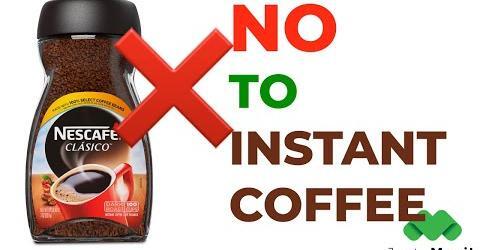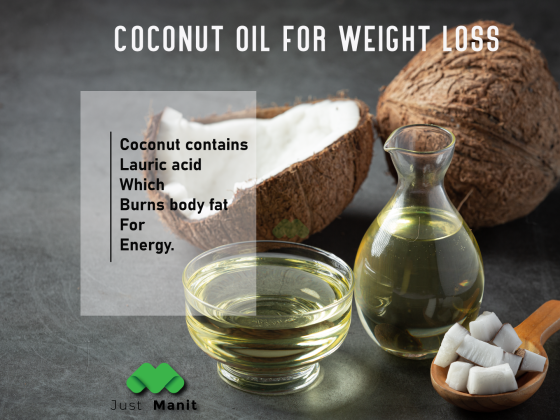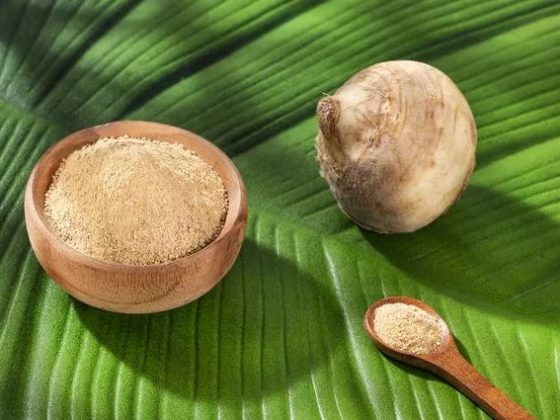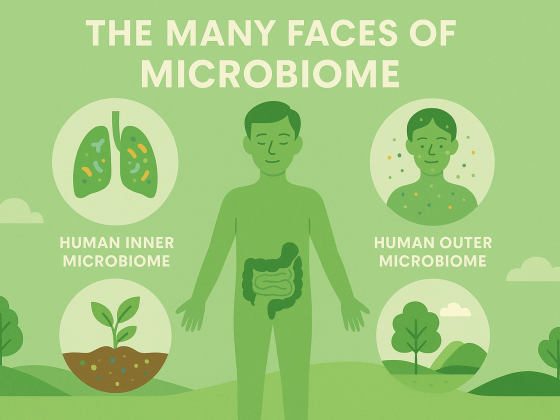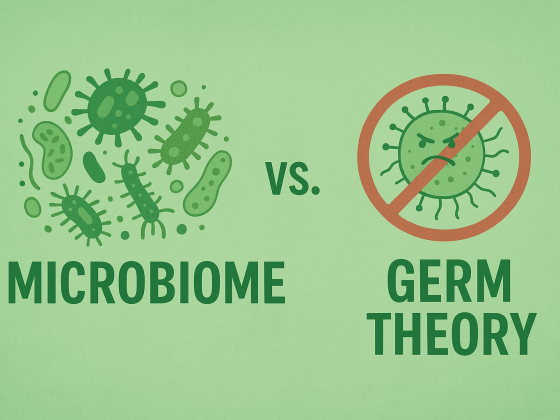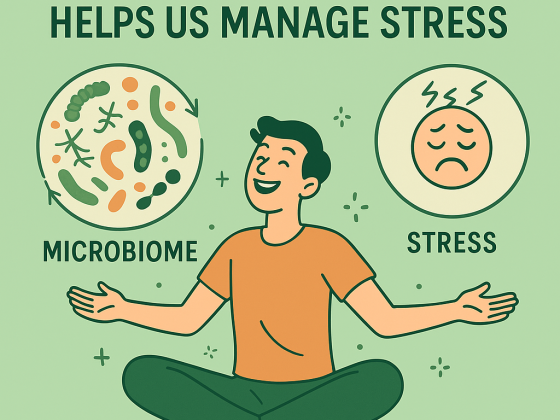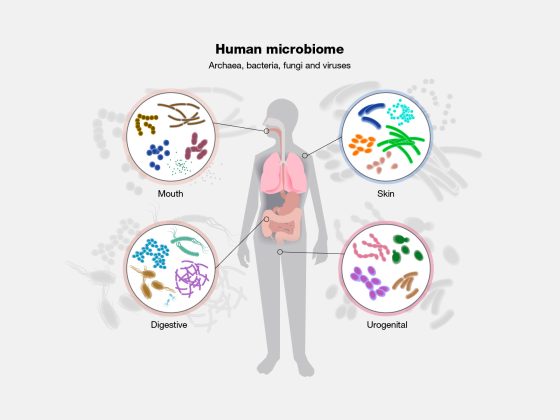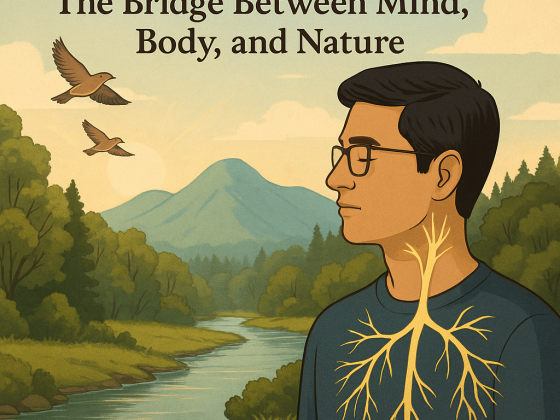In the modern world, a good day starts with a morning dose of hot coffee whose aroma awakens the senses like nothing else. The comforting warmth, aroma, and flavor of coffee turn our inner gears and keep us vigilant and energized. Coffee is a pleasant pick-me-up drink and a daily necessity for various reasons, such as enhancing concentration and alertness, boosting mood, and getting the motivation to work. With the growing craze over coffee and less free time, instant coffee has flooded the commercial world. For nearly half of all coffee consumption, instant coffee is a common beverage in coffee shops on every corner. They are faster, easier to make, and have a lower price tag than organic coffee. But they have several downsides. Why say NO to instant coffee? Let’s dive right in.
What is instant coffee?
Instant coffee is a coffee derived from brewed coffee beans that have had water removed and are processed and preserved in packaging. It is also called soluble coffee because it dissolves in hot water and milk, enabling people to quickly prepare a hot coffee. Available in powder or granulated form, it can be added to hot water and be ready for sip instantly without consuming much time in the coffee-making process.
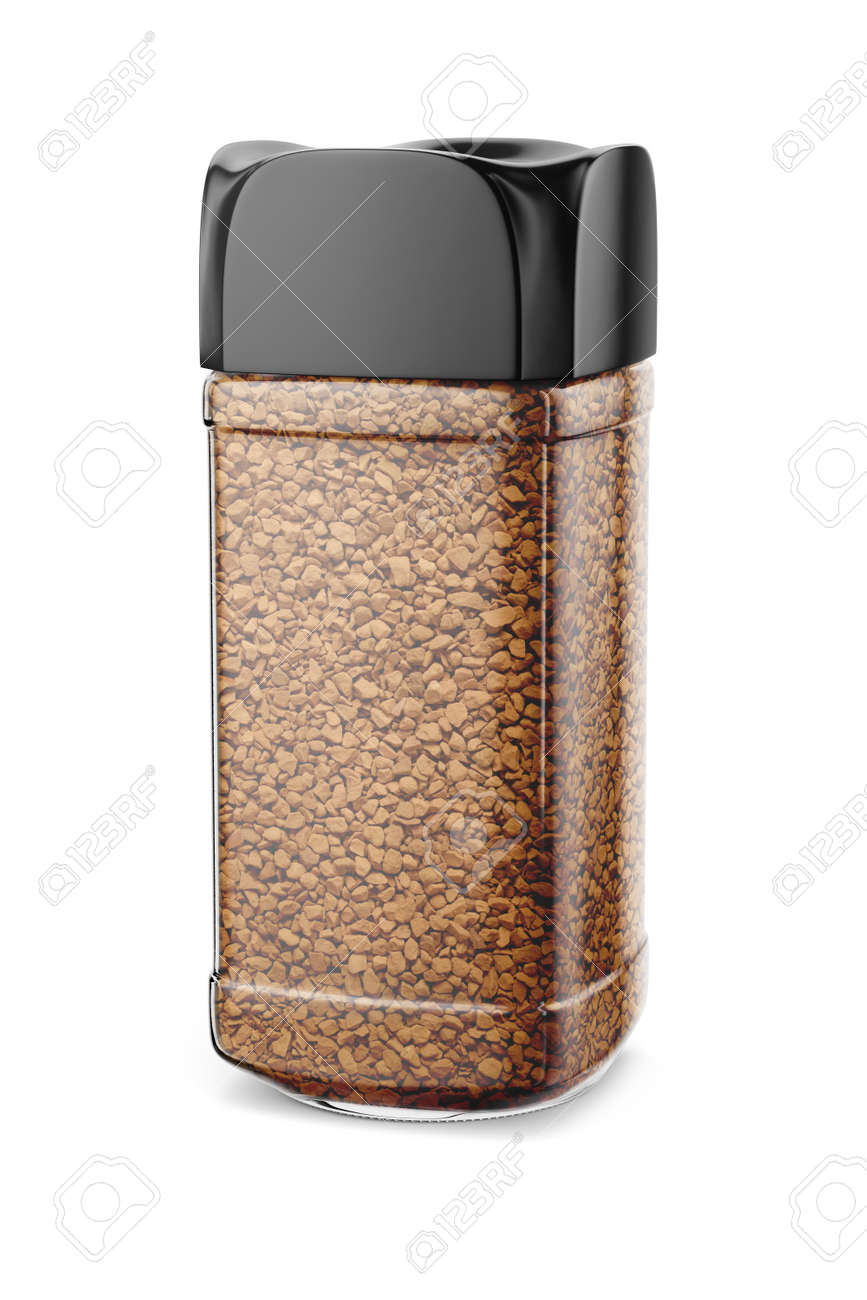
Instant coffee doesn’t require labor-intensive pour-overs, unnecessary cleanups, expensive coffee makers, and pots of money to purchase it. However, speed of preparation and low price don’t always equate to better, as instant coffee has a couple of downsides to your health.
Before diving into instant coffee’s downsides, it is important to know how it is prepared.
Production of instant coffee
First, the raw or green coffee beans enter the coffee factory and undergo roasting under big roasting plants to bring out the coffee’s flavor and aroma. After 8-15 minutes of roasting at 230degree Celsius, they are cooled down.
The next step is to grind the roasted coffee beans to 0.5-1.1-millimeter pieces. Then, the beans’ soluble and volatile contents are extracted using pressurized water, followed by evaporation or freeze concentration to increase the coffee concentration in the liquid.
Once the coffee extraction process is completed, there are two methods to preserve the quality, aroma, and flavor of the coffee-Freeze drying and spray drying.
- Freeze drying is a common method in the mass production of instant coffee in which coffee extract is frozen, broken into small granules, and later placed in a drying chamber at a low temperature under vacuum conditions to remove water by sublimation. Once the freeze-dried granules are pulled out from the chamber, they are packaged for commercial purchase. It is expensive yet exhibits premium quality.
- The alternative to freezing drying is spray drying, a less expensive process for larger-scale economic production of instant coffee by spraying coffee extract in hot air (approximately 480 degrees Fahrenheit) and turning it into fine rounded particles after evaporation. This method generally results in a lower-quality product as the powder is too fine to be used effectively by the consumer.
Why say NO to instant coffee?
While the overall production of instant coffee seems alright, the commercial process also involves the removal of caffeine from coffee beans, known as decaffeination. Caffeine is one of the most highlighted psychostimulants that jump-starts the body’s metabolism and increases the energy level.
Pure caffeine is isolated from coffee beans before the critical roasting process. The decaffeination of instant coffee involves using organic solvents like dichloromethane (DCM), overexposure to which can result in a laundry list of health problems such as abnormal heart rhythms or heart attacks and cancer of the lungs, liver, and pancreas. Although this organochlorine compound is not as toxic as other chlorohydrocarbons, its high volatility makes it an acute inhalation hazard. DMC is associated with neurological problems, skin irritation or chemical burns, cancer, etc.
Another reason to say No to instant coffee is the high concentration of a potentially harmful chemical called Acrylamide, which is twice as much as freshly roasted coffee. When coffee beans are roasted at high temperatures, they form Acrylamide, which is linked to various health hazards such as nervous system disorders, muscle numbness, and even cancer. The high concentration of this potential carcinogen is another downside of instant coffee.
Instant coffee is susceptible to volatile oxidation and doesn’t provide the full sensory experience that brewing organic coffee affords. Furthermore, many instant coffee-producing companies use cheaper, harsh Robusta beans which are less subtle in taste.
The less flavorful, caffeinated instant coffee can bring unintended outcomes for coffee lovers who need their daily fix, leading to more cups and more caffeine than their body requires. More caffeine means an added task for your multifunctioning liver to metabolize it and a stimulating effect on organs.
Switching over to organic coffee
In light of people’s craving for coffee, today’s market is flooded with various coffee products which refer to giving your mood an instant makeover. But they are processed in bulk in higher counts and contain higher levels of Acrylamide. To keep health problems at bay, you must switch to organic coffee which hoists the purity and goodness of nature.
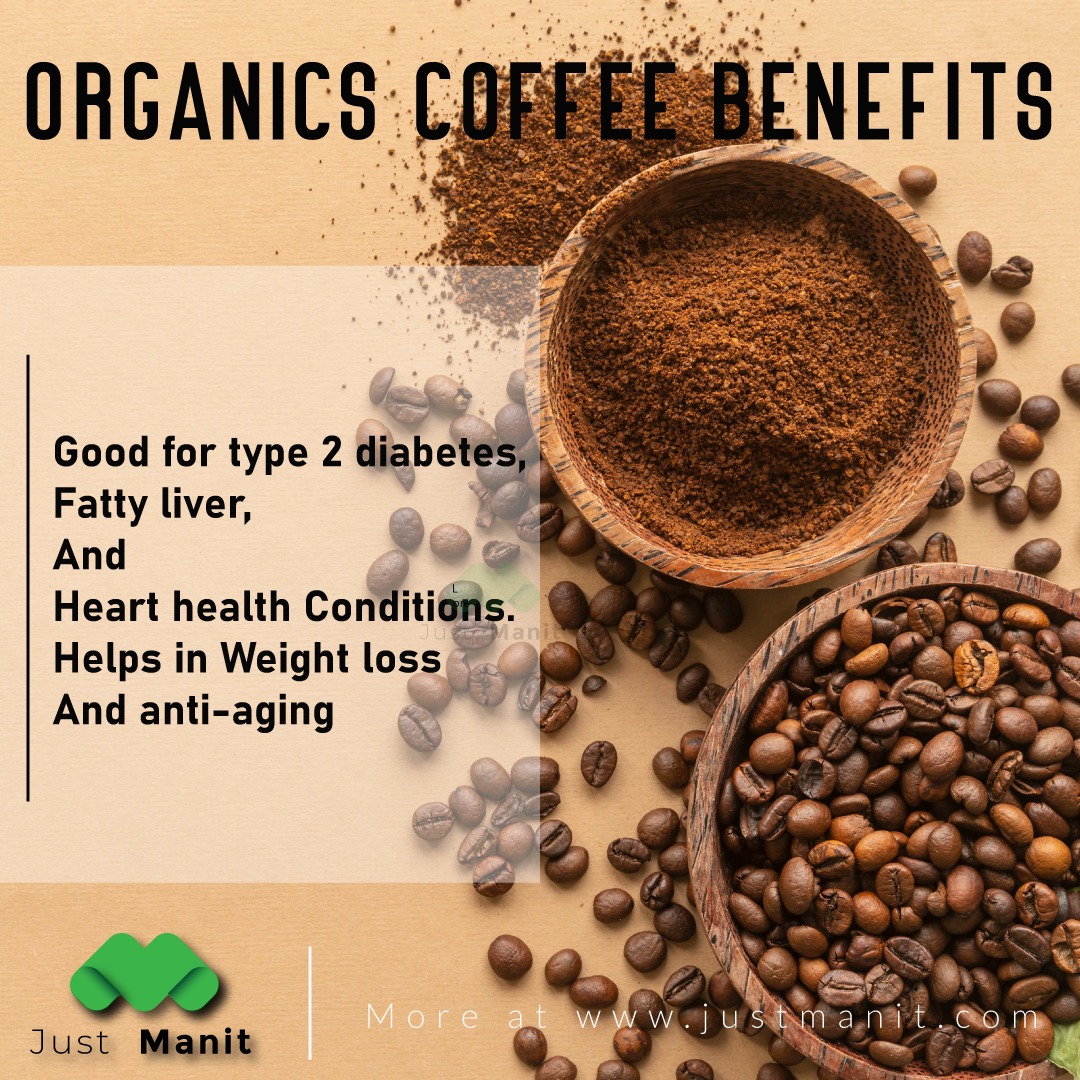
Organic coffee is power-packed with natural ingredients i.e. high-quality beans, which harness nature’s very power and cherish the delicate flavors of coffee. Organic coffee products inherently possess the intense natural aroma of coffee as they keep all essential oils and other chemical constituents intact.
How is organic coffee made?
The first step in organic coffee-making is hand harvesting of naturally grown ripe coffee beans. The Superior quality raw coffee beans are cultivated in mid-hilly areas of Nepal like Gulmi, Kaski, Palpa, Argakhachi, Lalitpur, etc.
Once harvesting is completed, the next process is the manual processing of coffee. The harvested coffee undergoes a pulp extraction process where a mini hand pulper is used to pulp the coffee beans, removing outer hard shells. Then, the inner portions of the beans are left to dry in the open air.
The next step is to hull parchment with a hulling machine and the process is called parchment removal/hulling. The final step for these beans is the roaster after which they are packed for the market. These roasted packaged coffees are taken to coffee shops and ground to make a cup of tasty coffee.
Health benefits of organic coffee
Recently, there has been a spike in demand for organic coffee owing to its innumerable health benefits. Some of them are as follows:
- Higher levels of antioxidants and minerals boost your immune system and improve the body’s defenses against common inflammatory conditions
- Minimize stress, bolster memory, and give freshness
- Boost mood and increase concentration
- Energize the body to perform daily activities
- Weight loss and anti-aging
- Less chance of cancer and heart problems
- Lowered risk of chronic liver disease
- Good for type 2 diabetes, fatty liver, and heart health conditions
- Environmentally friendly due to the use of organic manures and pesticides
Perfect time to have coffee
While the health benefits of organic coffee appear to plateau at around four cups of coffee a day, the best recommendation is to drink a cup of black coffee without sugar 1 hour after having a morning meal. Although sugar adds flavor to coffee, it can act as a slow poison over the long term with several health risks such as diabetes, obesity, heart disease, cancer, etc.
Coffee can be addictive but it must be consumed as a medicine. Don’t drink coffee before sleep because it can cause sleep disorders, which are detrimental to your health. As your body absorbs the aromatic beverage, it passes by each cell and wakes it up. If you struggle with insomnia, don’t consume coffee close to bedtime, as coffee caffeine delays your onset of sleep by interfering with circadian melatonin rhythms.
Final words
Touted as liquid gold, coffee is a delightful liquid that forms an essential part of your daily routine. A morning cup of java promises to make us awake and attentive to get through the day. It is also an economic way for companies to keep their workers happy, alert, and concentrating.
Coffee is a powerful drink because it can tap into virtually every reward system our brain has evolved by stimulating the release of the neurotransmitter dopamine, which produces euphoria and pleasant feelings. But, the excess ingestion of coffee can lead to addiction, affecting an individual’s day-to-day functioning when they don’t get it.
Say NO to instant coffee as it contains more harmful Acrylamide, which can threaten our health. Besides, it is less flavorful and often contains low-quality beans. Instead, switch to an organic coffee that embraces the essence of natural ingredients and has plenty of health benefits. The price tag is slightly high but it is worth some extra dollars for health-conscious coffee enthusiasts.
